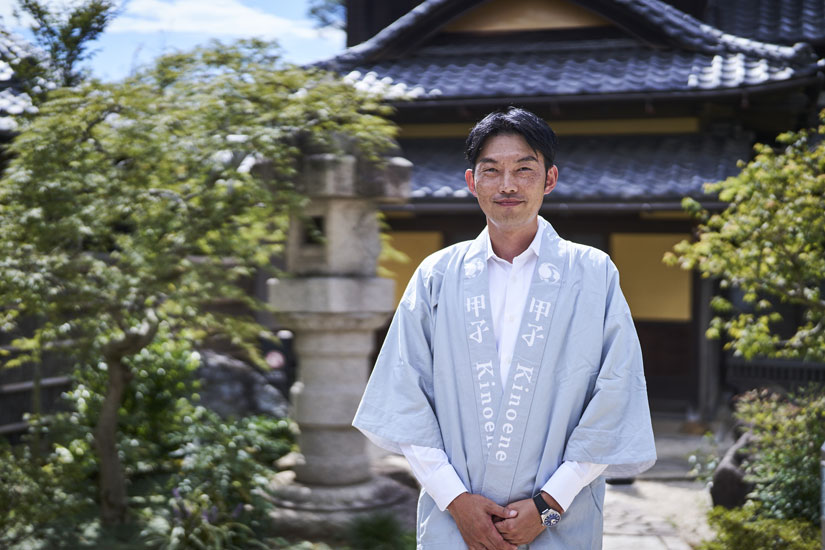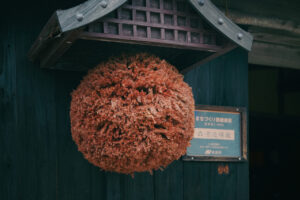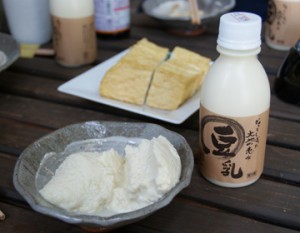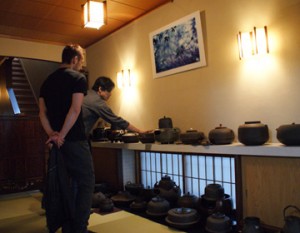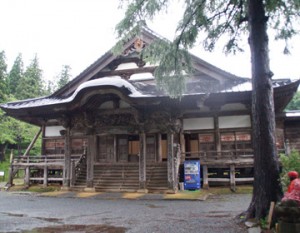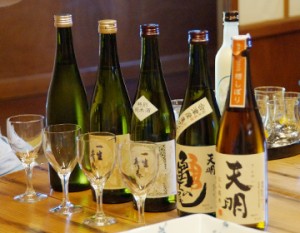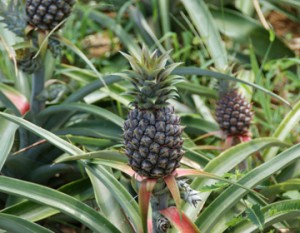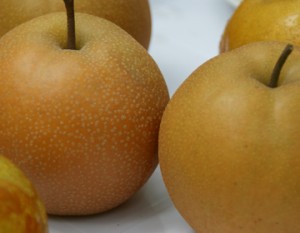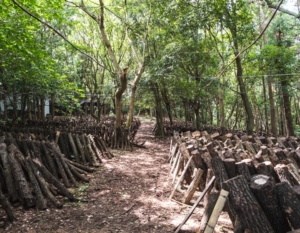With a history of approximately 300 years as a traditional sake brewery, the 16th-generation head of the family, Kazuyoshi Iinuma, has rebranded the flagship brand “Kinoene Masamune” to refresh its image.By combining the production of light-bodied sake with the creation of a welcoming space that leverages the traditional architecture and lush greenery of the premises, the brewery has successfully expanded its fan base to include younger generations and families who were previously unfamiliar with Japanese sake. This article delves into the charm of Iinuma Honke.
Iinuma Honke’s sake brewing

Located south of Narita City, which is home to an international airport, Shisui Town is a place with a long history of sake production, with its name said to originate from a legend of wells where sake flows. While sake does not actually flow from the wells as the legend suggests, there is a well on the premises of Iinuma Honke, and the soft underground water from this well is used as brewing water to produce many types of sake with a smooth taste.
Sake production that combines machinery and craftsmanship

“The most important thing in sake brewing is raw material processing,” says Kazuki Iinuma, the 16th generation head of Iinuma Honke. Iinuma Honke is one of the few sake breweries in the prefecture that owns its own rice milling plant, and it uses a method called “flat milling” to efficiently remove proteins that cause off-flavors. Although this milling method takes more time than conventional milling, it produces sake with a clearer flavor.
In the brewing process, the company has actively introduced mechanization. The paddle-stirring process is controlled by computer to automatically mix the mash, and the temperature inside the fermentation tanks can be managed in 0.1-degree increments. By achieving the “fusion of machinery and skill,” the company is able to consistently produce high-quality sake. Additionally, the ice-temperature refrigerators used to store products have become indispensable equipment in the warm climate of Chiba Prefecture.
While incorporating the latest equipment, the brewery remains committed to its philosophy: “We must adapt to the rice of each year, so every year is like starting from scratch. We feel the challenges of sake brewing anew with each batch.” This sincere dedication to sake brewing remains unchanged.
Iinuma Honke’s signature sake

The standard offering from the Iinuma Honke family is “Kōshi Junmai Ginjo Hanayaka Takumi no Kaori,” which won the Platinum Award at the “Kura Master 2025” competition held in France. It is characterized by its fruity aroma, refreshing acidity, and a subtle sweetness that lingers on the palate.
On the other hand, “Koushi Junmai Yawaraka Chi no Megumi,” made from Gohyakumangoku rice grown under contract in the Saji area, is a staple sake from Chiba. Its smooth texture, which highlights the rice’s natural umami, was highly praised, earning it the Grand Gold Award at the “Wine Glass-Friendly Sake Award 2023.”
Additionally, “Koushi Junmai Umakara Maki Hachi-gari,” with a rice polishing ratio of 80%, is a daily favorite among locals. It is slowly fermented at low temperatures to bring out a robust umami flavor. Its crisp acidity pairs well with Japanese cuisine as well as meat dishes, and it is also excellent when served warm.
Highlighting the natural flavor while achieving a light finish.

Among the diverse range of sake he has been producing, Iinuma’s current focus is on “how to make light sake.” “I strongly feel that there is a demand for sake with a light mouthfeel right now. However, this lightness should not be achieved by diluting the sake with water or lowering the alcohol content, but rather by bringing out the sake’s natural characteristics while maintaining its lightness,” Iinuma emphasizes.
For example, by introducing a pasteurizer—a machine that allows post-bottling heat treatment—he has achieved a sake that retains the freshness of unpasteurized sake and the carbonation from fermentation, despite being pasteurized. The aforementioned “Hanayaka” is a sake made using this method.
Additionally, he has developed innovative summer-limited sakes that emphasize lightness. The representative sake is “Junmai Ginjo Nama Sake Kinoene Apple.”By utilizing yeast that produces a high amount of malic acid, commonly found in white wine, the brewery has deliberately emphasized the acidity that is often avoided in the sake industry. When chilled, this sake offers a refreshing aftertaste and a light, crisp finish, making it a popular summer sake among younger sake beginners.
Expanding the base of sake enthusiasts

In recent years, the representative brand of the Iinuma family, “Kōshi Masamune,” has been renamed “Kōshi -Kinoene-” and the bottle design has been refreshed as part of a rebranding effort. The addition of lighter-tasting sake has increased opportunities for women and younger generations to try the product. These efforts to expand the base of “new sake fans and sake brewery fans” have also extended to “creating spaces.”
Creating spaces that utilize historic land

The Iinuma Main House offers a variety of experiences as a tourist attraction. The grounds feature a traditional Japanese house called “Sakei Magariya,” which houses a sake brewery, a shop, and a gallery; a campground where visitors can enjoy sake around a bonfire; a blueberry farm where families can pick berries; and a restaurant called “Kinoene Omoya.”
Omoya is the main house of the Iinuma Honke family, which has been passed down through generations for approximately 300 years. It is designated as a National Registered Tangible Cultural Property. After a four-year renovation, it opened as a restaurant in 2022. Here, you can enjoy the marriage of Iinuma Honke’s sake and dishes themed around the 24 solar terms.
Aiming for a more open sake and sake brewery.

In the future, Mr. Iinuma says he wants to “challenge himself to create sake that will be accepted by people overseas.” He has named the entire field surrounding the sake brewery “Kinoenomaki no Mori” (Forest of the Six Elements) and is determined to make it a hub that embodies the Iinuma family’s philosophy of “creating delicious sake and enjoyable places,” aiming to become a sake brewery that is open to the community.
The term “Kōshi” symbolizes the beginning of a 60-year cycle in the Japanese calendar. Iinuma Honke will undoubtedly continue to serve as the starting point for new sake experiences for people from all walks of life.



